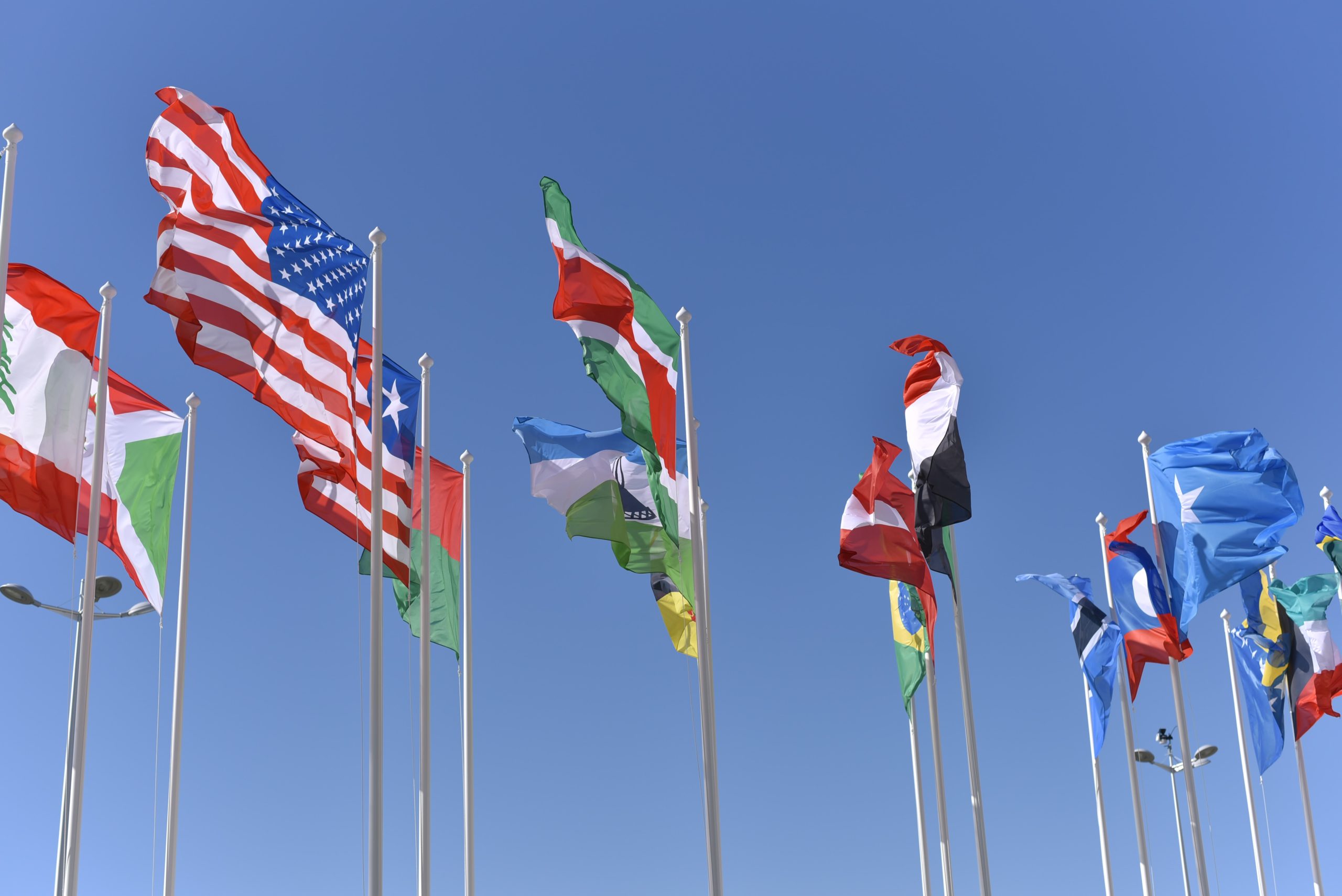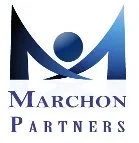
The H-1B Visa Program in 2021
What is an H-1B Visa?
The H-1B visa program is a process used to hire foreign nationals with desired skillsets that are scarce in the domestic labor pool. Traditionally, this program has been dominated by companies needing technology skills tough to find—either for lack of training or purely high demand—in the U.S. marketplace. Some examples of IT skills include programming in cloud technology, data security and artificial intelligence. This visa is also commonly used for roles in science, healthcare and engineering.
While the H1-B visa program fills a true need in the U.S. economy, there are arguments that foreign nationals take jobs away from American workers. For that reason, the program can become a political lightning rod and potentially complicated for companies to navigate. In 2021, with the change in the U.S. administration, we’ve seen a pendulum swing in the H-1B visa requirements.
The Recent History of the H-1B Visa
In 2019, we wrote about the H-1B Visa and shifts in the program. Tech leaders had seen a decline in the approval rates of visas from 2015—2019 rates were 85% vs. 95% in 2015. We sought insight from a specialist in immigration law who cited the extraordinary number of successful appeals as an indication that legitimate visa approvals were being denied.
At the time, the change was attributed to changes in policy and the general political climate surrounding immigration. Organizations with large H-1B tech staffing needs, such as Google, Apple, and Microsoft, were relying on staffing firms to navigate the new visa complications as well as other employment and compliance processes. Both then, and today, partnering with an experienced staffing agency reduces the risk as well as the administrative burden for a tech company looking to hire H-1B visa program workers.
The Visa Lottery Process
Step one in the H-1B visa program requirements has always been a lottery. Registrations are selected at random and this allows the registrant to file a petition for one of the 65,000 available work visas (referred to as the “regular cap”). There is an exemption that can be used for applicants that have a U.S. post-graduate degree—this results in an additional 20,000 visas.
To qualify, the foreign national must already have a confirmed job in a U.S. company, their sponsor. There are also categories of required salaries the workers must be paid by the sponsoring company.
At the beginning of 2020, we reported on changes to the H-1B visa program and the introduction of the online application system. The lottery, to grant visas for the 2021 fiscal year, opened on March 1st and closed on March 20th. The US Citizenship and Immigration Services (USCIS) reported a record number of registrations. But by June 30th when the actual visa petitions were due, numbers were down given the pandemic and economic downturn.
H1-B Changes Proposed in 2021
For 2021, the USCIS had proposed restrictions on procedures in order to address what they see as the negative impacts inherent to a lottery process. According to the USCIS, “The current H-1B random selection process…has predominately resulted in the annual influx of foreign labor placed in low-wage positions at the expense of U.S. workers.”
The proposed change in the H-1B regulation aims to give priority to applicants in the highest salary category (Level IV). Here are the levels from USCIS:
- “Level I for entry-level workers.
- Level II for qualified employees.
- Level III for experienced employees.
- Level IV for fully qualified employees with enough experience to plan, modify and approve standard procedures.”
This rule works off the assumption that the highest paid workers would also have the most specialized skillsets and be the least capable to replicate within in the existing U.S. workforce. Petitions would be prioritized from Level IV to Level I with the implication that no entry-level workers would be chosen for the H-1B.
The implementation for this new rule was set for March, in time for the new registrations. However, the USCIS delayed the implementation until the end of the year to provide more time to modify the registration systems and corresponding processes as well as give companies the opportunity to adapt their hiring to the changes. Therefore, any visa grants prior to December 31, 2021 will fall under the current rules and random lottery process.
Trouble Navigating the H-1B Visa Process?
Experienced tech staffing firms like Marchon Partners have expertise in H-1B processes and all subsequent compliance requirements during employment. Most internal HR departments don’t have the knowledge or time to manage the steps and stay abreast of the changes in the visa process or immigration law. In addition, they don’t want the risk associated with tracking visa documentation.
Prepare for your company’s future growth and contingent workforce needs. Contact Marchon Partners today and learn more about our staffing and Employment-of-Record solutions employing foreign workers.
Tags: H-1B visa program, H-1B visa requirements